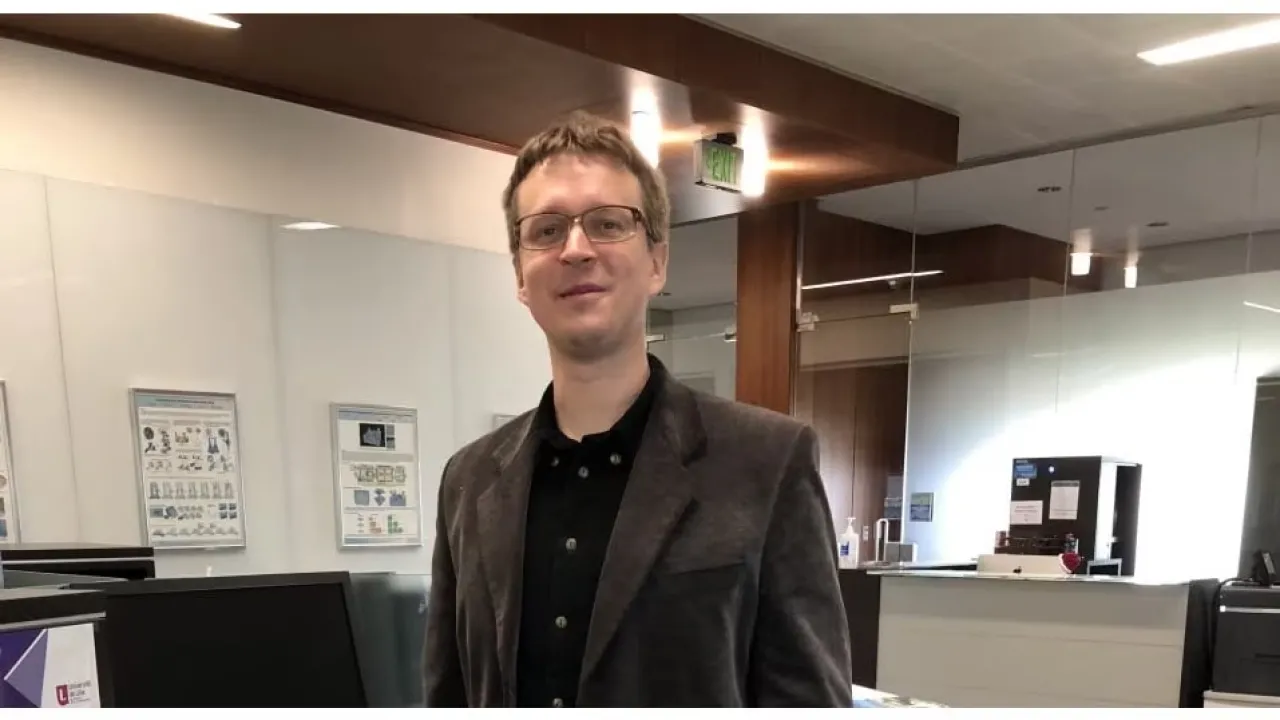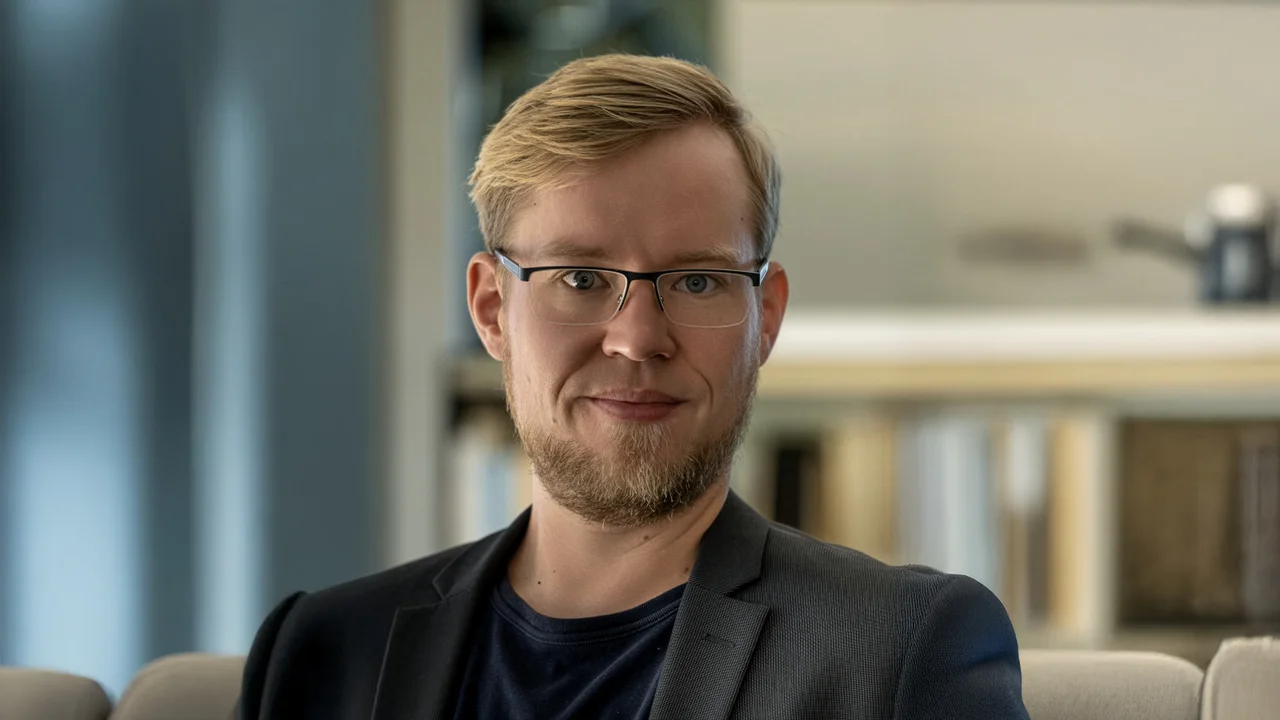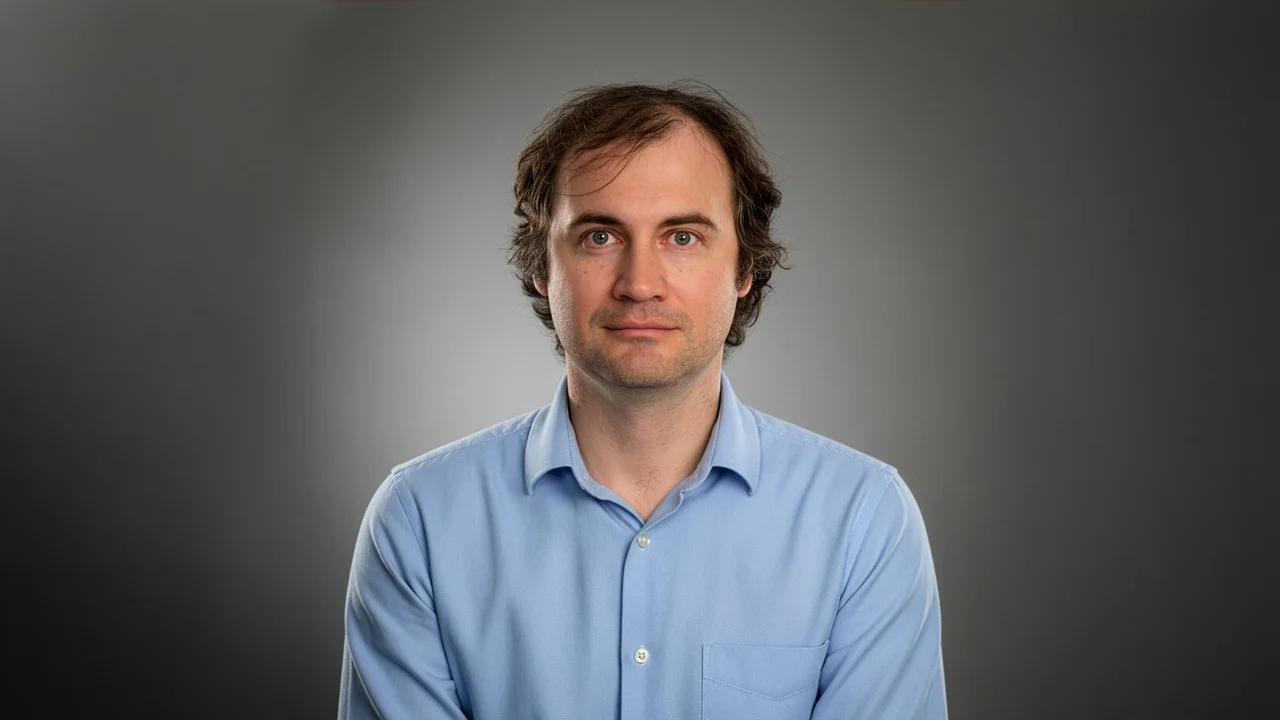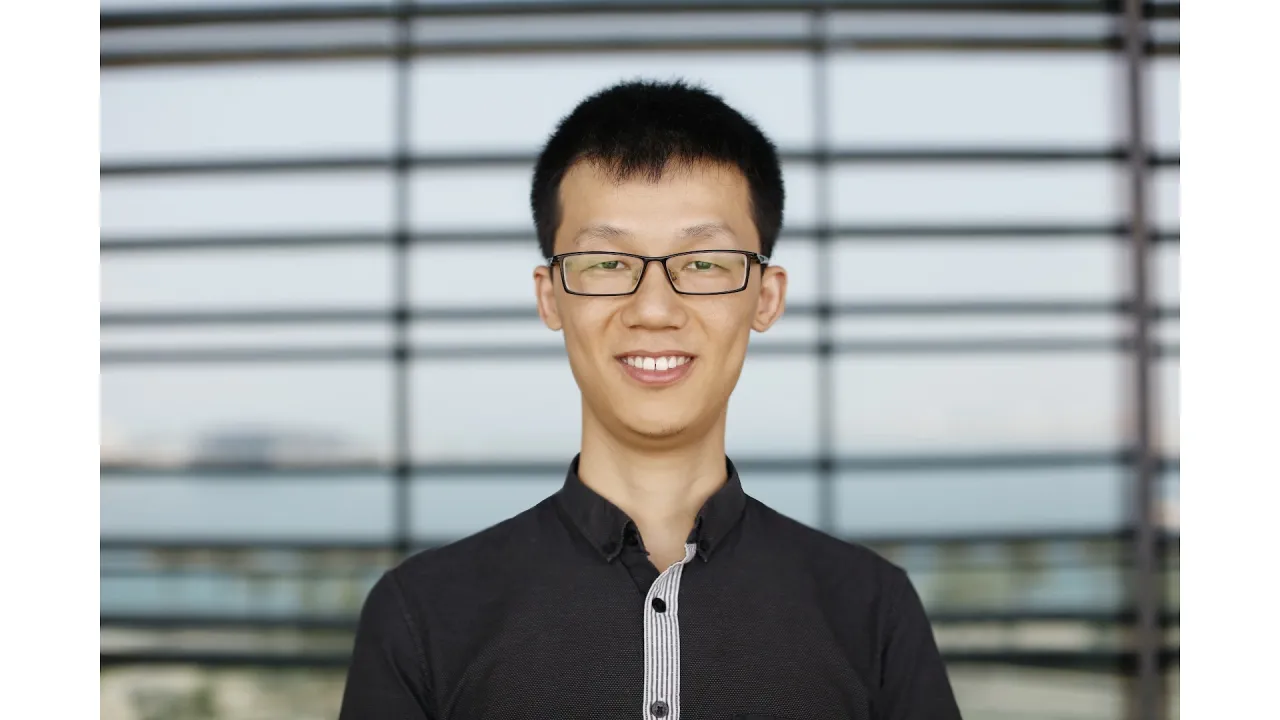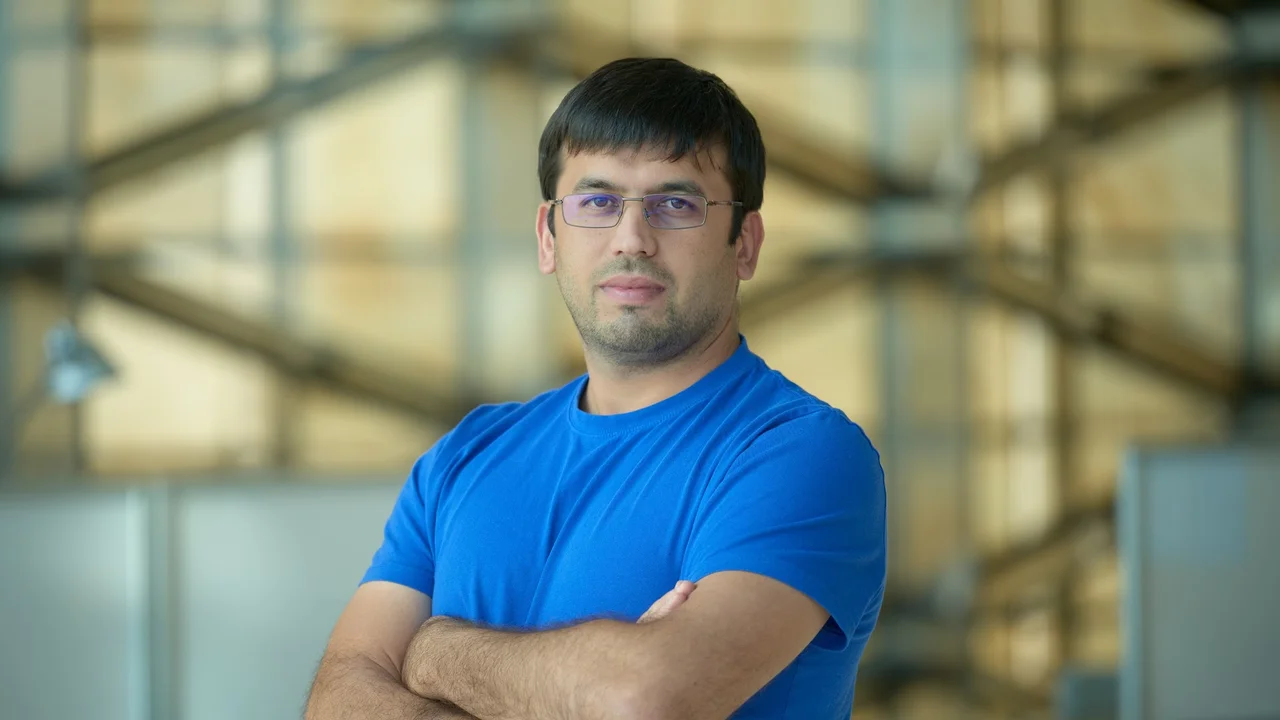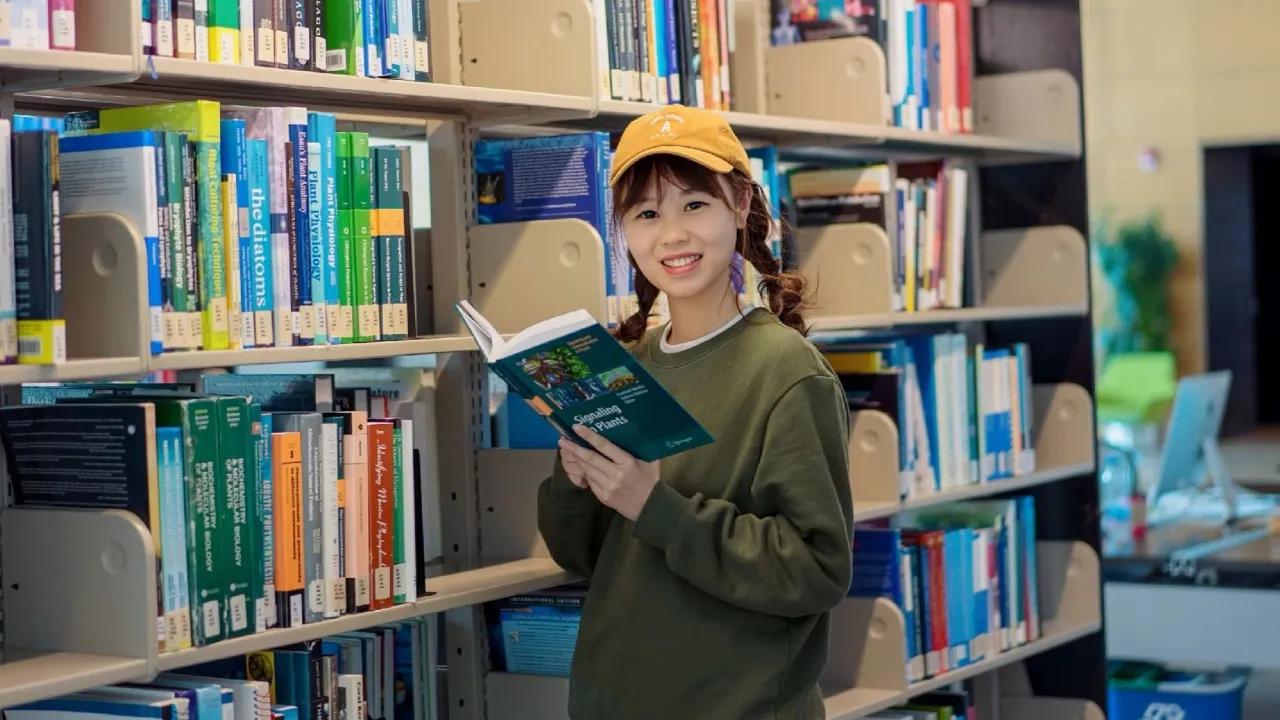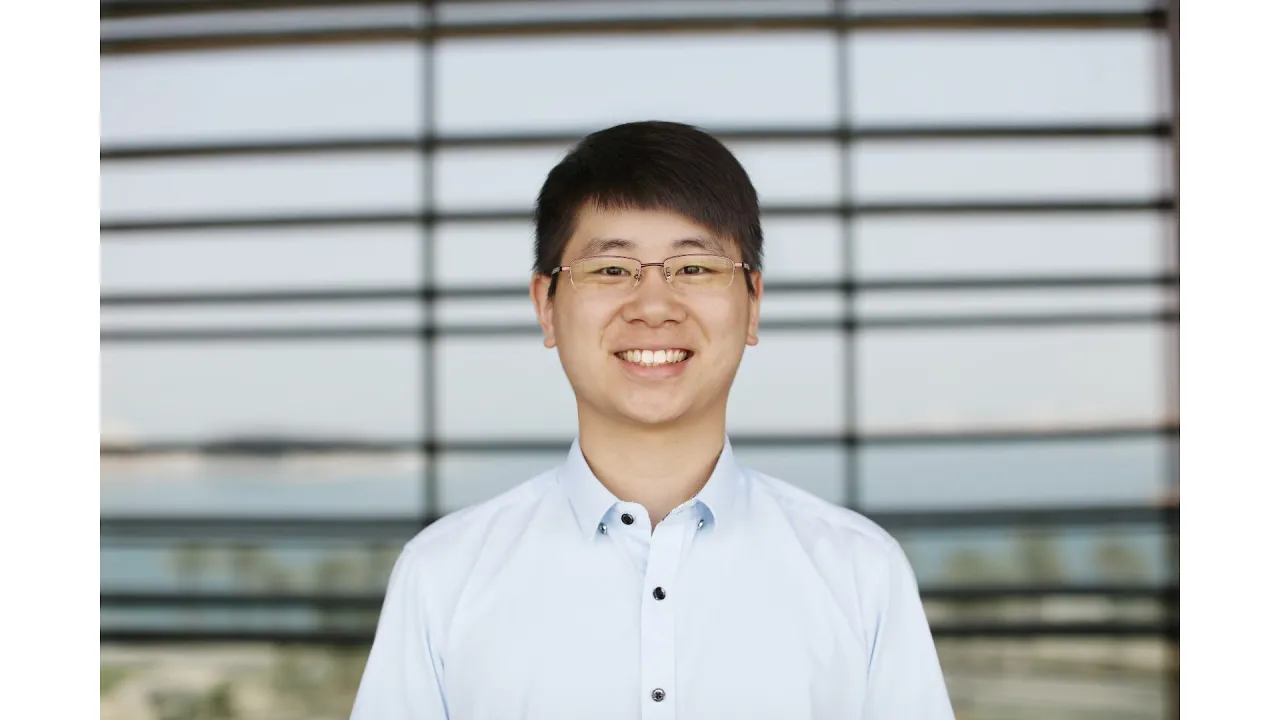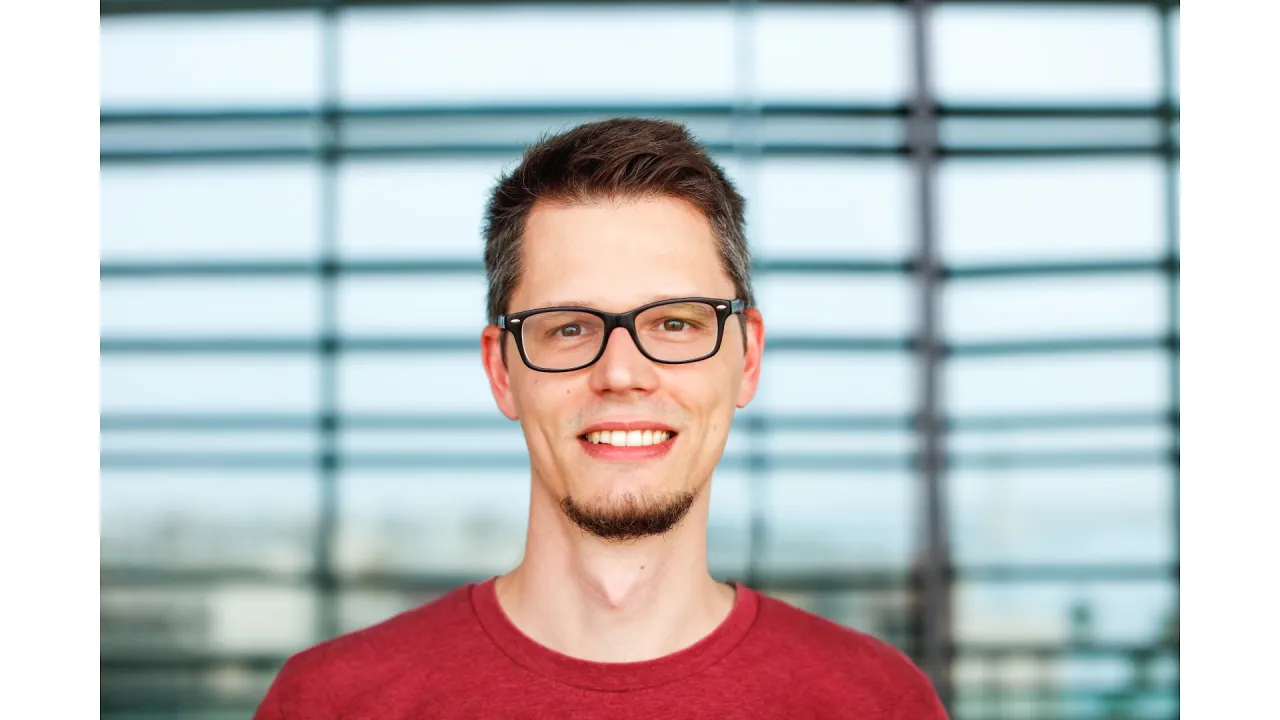Biography
Before founding the Computational Sciences Group (CSG) at KAUST, Professor Michels joined the Computer Science Department at Stanford University, U.S., after completing his postdoctoral studies at Caltech, U.S., and his B.Sc. ('11), M.Sc. ('13), and Ph.D. ('14) at the University of Bonn, Germany.
Since joining KAUST in 2016, he has established his group at the uppermost level of his scientific community. Since its formation, the CSG has developed numerous novel computational methods based on solid theoretical foundations.
The scientific community has recognized Professor Michels’ outstanding research within and beyond KAUST. In 2019, he was awarded a €1.25 million Artificial Intelligence Grant from the German State of North Rhine-Westphalia, Germany. Together with fellow KAUST Professors Mark Tester and Peter Wonka, he received a $1.05 million KAUST Competitive Research Grant in 2021. Moreover, in 2017, he was acknowledged by Procter & Gamble with their inaugural Faculty Award for his research contributions to the consumer goods industry.
Professor Michels is actively engaged in the Association for Computing Machinery (ACM) SIGGRAPH community; he served on the technical paper committees of SIGGRAPH 2022 and 2023, and SIGGRAPH Asia 2020 and 2021.
Michels is a member of the Association for Computing Machinery, the Institute of Electrical and Electronics Engineers, the London Mathematical Society and the AGYA project at the Berlin-Brandenburg Academy of Sciences and Humanities. He is a founding member of the German AI Award top-class jury.
As an alumnus of the German Academic Scholarship Foundation, Michels leads its KAUST partnership program. He was recently inaugurated into the Göttingen Academy of Sciences and Humanities and has been listed among the German business magazine Capital's "Top 40 below 40."
Research Interests
As the head of KAUST's CSG, Michels’ research activities focus on fundamental and applied aspects of computational mathematics and physics to overcome practical problems in scientific and visual computing.
At present, the group addresses a broad range of topics related to algorithmics, artificial intelligence, machine learning, computer graphics, physics-based modeling, differential equations, mathematical modeling and numerical analysis.

